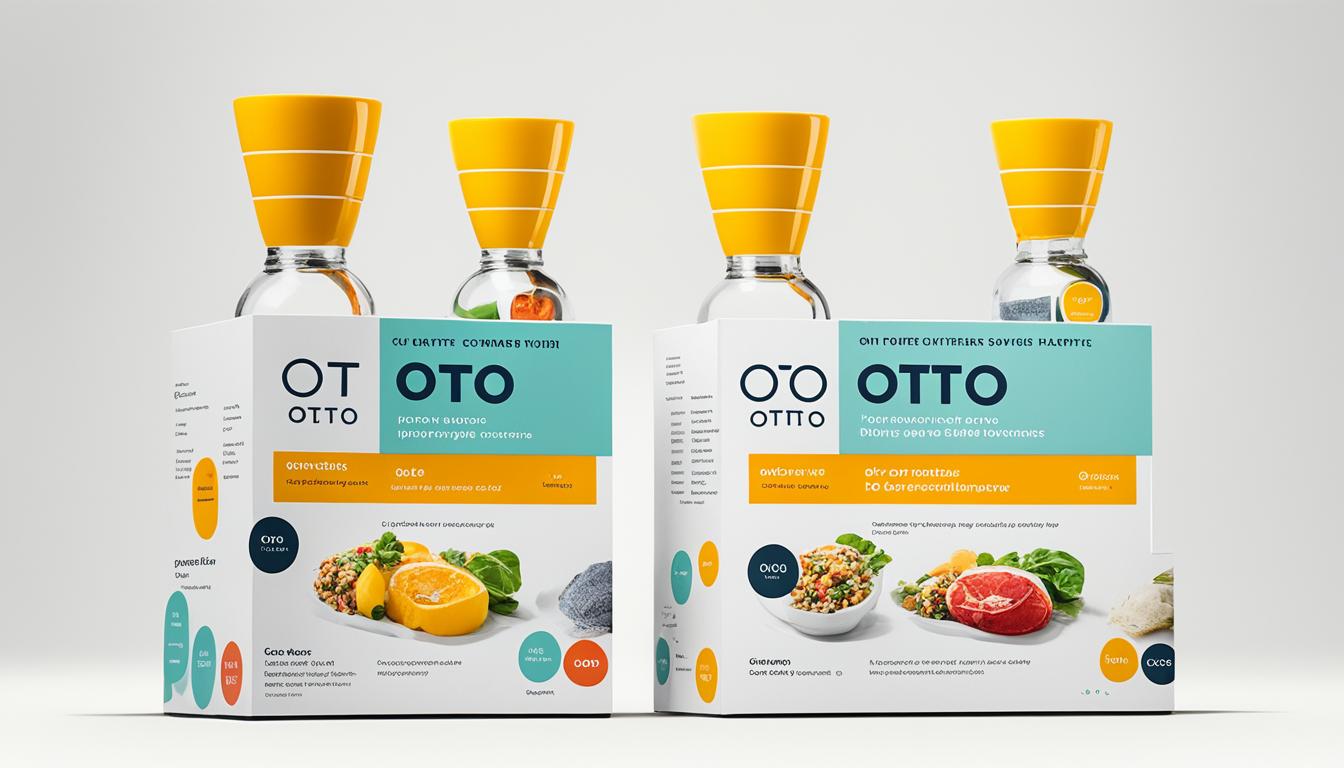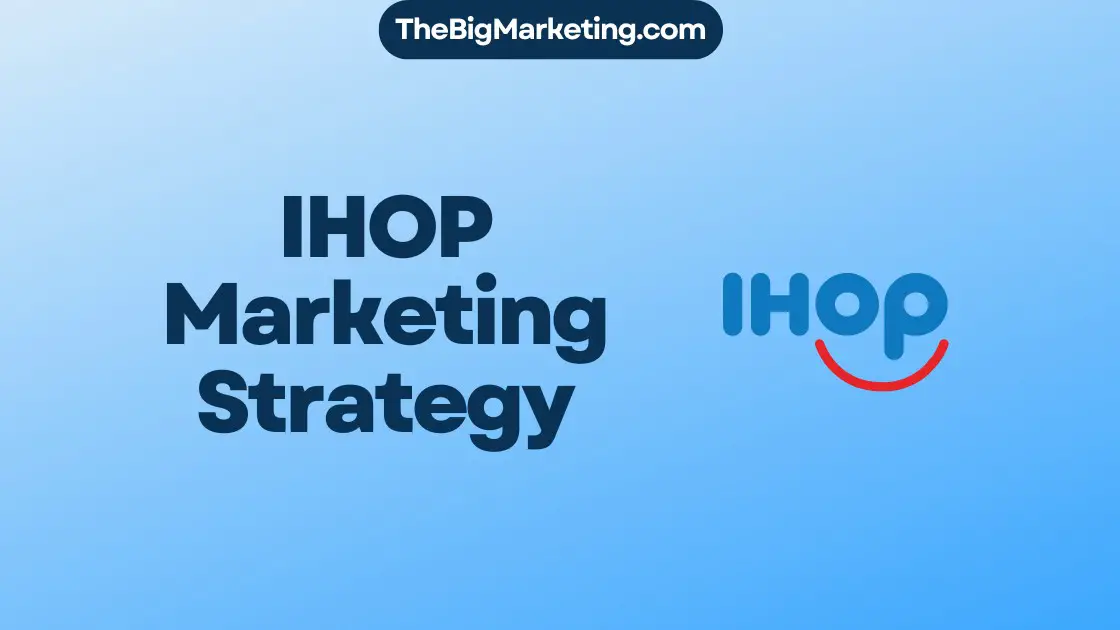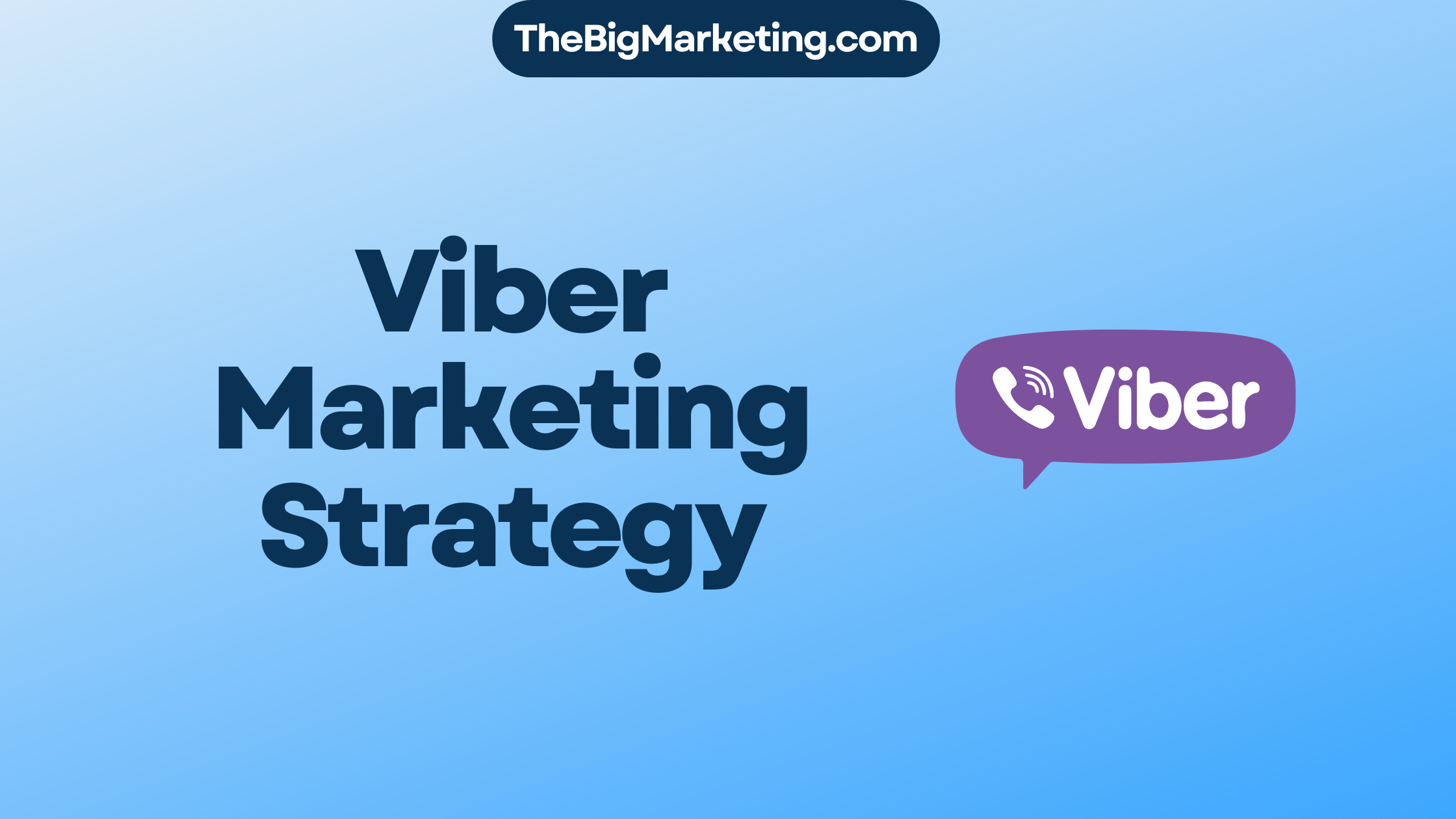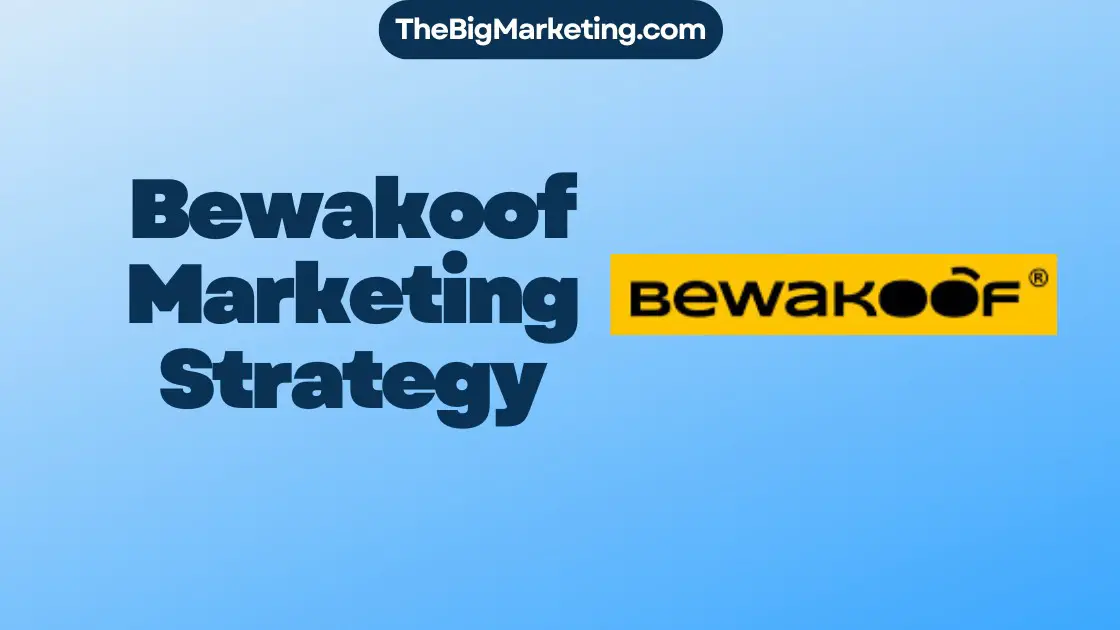Porsche, known for its high-quality and expensive sports cars, has been a prominent player in the automotive industry. In 2019, they released their first all-electric sports car, the Porsche Taycan. The brand has maintained its reputation and brand value through its focus on innovation, quality customer service, and the loyalty of its customers. Porsche is now planning to stop selling combustion-engine models by 2024 and is expanding its electric vehicle offerings with plans to develop electric versions of the 718 Cayman and Boxster by 2025.
Key Takeaways:
- Porsche is a renowned automaker known for high-quality and expensive sports cars.
- The brand has embraced innovation by introducing their first all-electric sports car, the Porsche Taycan.
- Porsche plans to discontinue the sale of combustion-engine models and focus on expanding their electric vehicle offerings.
- The brand values innovation, quality customer service, and customer loyalty.
- Porsche aims to develop electric versions of the 718 Cayman and Boxster by 2025.
Porsche’s Brand Positioning and Target Audience
Porsche has carved out a unique position in the automotive industry as a manufacturer of luxury hybrid vehicles that cater to wealthy customers seeking adventure. With a strong reputation for producing high-quality sports cars, sedans, and SUVs, Porsche has become synonymous with luxury and performance.
The brand’s target audience consists of affluent individuals who are willing to invest in high-end vehicles that offer both luxury and exhilaration. These customers appreciate the craftsmanship and attention to detail that Porsche vehicles embody, and they seek the thrill and excitement of driving a high-performance car.
Porsche’s brand positioning is rooted in innovation, pushing the boundaries of technology to create hybrid vehicles that combine sustainability with power. The brand’s commitment to environmental consciousness appeals to customers who want to make a statement with their luxury vehicles while minimizing their impact on the planet.
The Appeal of Porsche to Wealthy and Adventurous Customers
Porsche’s appeal to wealthy customers lies in its ability to offer a seamless blend of luxury, performance, and cutting-edge technology. These customers value exclusivity and prestige, and they are willing to pay a premium for a vehicle that delivers on all fronts.
For adventurous customers, Porsche represents the ultimate driving experience. The brand’s commitment to engineering excellence and motorsport heritage ensures that each Porsche vehicle provides dynamic handling, precise steering, and exhilarating acceleration.
Whether it’s the iconic Porsche 911, the versatile Cayenne SUV, or the sleek Panamera sedan, Porsche vehicles are designed to captivate drivers and provide an unparalleled driving experience.
Porsche’s Commitment to Luxury and Performance
Porsche’s reputation as a luxury automaker is built on a foundation of uncompromising quality, attention to detail, and refined aesthetics. From the luxurious interior materials to the advanced technology features, Porsche vehicles offer a level of sophistication that appeals to discerning customers.
At the same time, Porsche is committed to delivering exceptional performance. The brand’s hybrid vehicles combine electric power with high-performance engines, offering an exciting driving experience without sacrificing fuel efficiency or environmental sustainability.
Porsche’s unwavering focus on luxury and performance has earned it a loyal customer base that appreciates both the craftsmanship and the driving dynamics that define the brand.
Porsche’s Brand Reputation and Customer Loyalty
Porsche’s brand image goes beyond the vehicles themselves. The brand has cultivated a community of passionate enthusiasts who appreciate the heritage, craftsmanship, and engineering excellence that Porsche represents.
This community of loyal customers contributes to Porsche’s success by advocating for the brand and creating a strong sense of belonging. Porsche owners take pride in their vehicles and often participate in events, clubs, and gatherings that celebrate the Porsche lifestyle.
Porsche’s Target Audience: An Intersection of Luxury and Adventure
Porsche’s target audience is a unique intersection of wealthy individuals who crave luxury and adventure. These customers are not only looking for a status symbol; they also desire a vehicle that embodies their personality, driving ambitions, and thirst for excitement.
By understanding the needs and desires of their target audience, Porsche has been able to cater to their specific preferences, incorporating the latest technology, luxurious features, and thrilling performance into every vehicle they produce.
As Porsche continues to innovate and expand its lineup of hybrid vehicles, it remains committed to attracting and serving this niche audience of affluent and adventurous customers.
Porsche’s Brand Positioning and Target Audience
| Brand Positioning | Target Audience |
|---|---|
| Luxury hybrid vehicles | Wealthy customers seeking adventure |
| High-end, high-performance | Affluent individuals willing to invest in luxury |
| Commitment to innovation and technology | Drivers who value cutting-edge features |
| Exclusivity and prestige | Customers who appreciate luxury and craftsmanship |
Porsche’s History and Legacy
Porsche, a renowned name in the automotive industry, has a rich history and a legacy of innovation and excellence. The brand was established by Ferdinand Porsche in 1931, initially offering motor vehicle development work and consulting services. One of the notable projects undertaken by Porsche was the design of the Volkswagen Beetle for the German government, showcasing their engineering expertise.
In the years that followed, Porsche introduced their first sports car, the Porsche 356, which garnered attention and set the stage for their continued success. This iconic model paved the way for the development of future Porsche vehicles and established the brand as a symbol of luxury and performance.
As the years went by, Porsche expanded its lineup to include a diverse range of vehicles, including the Cayenne, a luxury crossover SUV, and the Panamera, a sleek and stylish four-door sedan. These models further solidified Porsche’s reputation as a manufacturer of high-quality and sophisticated automobiles.
Furthermore, Porsche has a strong heritage in motorsports, with an impressive track record of wins in various auto races, including the prestigious Le Mans. Their commitment to motorsports and pursuit of racing excellence has not only contributed to the brand’s success but also influenced the design and performance of their road cars.
Influential Porsche Models
Let’s take a closer look at some of the influential Porsche models that have left an indelible mark on the automotive world:
| Porsche Model | Description |
|---|---|
| Porsche 356 | The Porsche 356 was the brand’s first production sports car, introduced in 1948. Its sleek design and engaging performance set the foundation for future Porsche models. |
| Porsche Cayenne | The Porsche Cayenne, introduced in 2002, marked the brand’s entry into the luxury SUV segment. It combined Porsche’s sports car DNA with practicality and versatility. |
| Porsche Panamera | The Porsche Panamera, first unveiled in 2009, redefined the concept of a four-door sedan. It showcased Porsche’s ability to blend performance and luxury in a single package. |
These models exemplify Porsche’s commitment to innovation, craftsmanship, and creating vehicles that deliver an unparalleled driving experience.
Porsche’s Strengths and Weaknesses
Porsche has built a strong reputation and brand image in the automotive industry. Its commitment to delivering high-quality products and its heritage of producing iconic sports and luxury cars have contributed to its esteemed status. The brand has successfully extended its product line, offering a diverse range of vehicles that cater to various customer preferences and needs.
One of Porsche’s notable strengths lies in its dedicated sports base. The brand’s longstanding association with motorsports has cultivated a loyal community of enthusiasts who appreciate the performance and craftsmanship of Porsche vehicles. This sports base serves as a strong foundation for brand loyalty and advocacy.
However, Porsche’s strengths also come with certain weaknesses. The brand’s reputation for producing high-end luxury cars is accompanied by expensive pricing. This pricing may make Porsche cars inaccessible to some consumers who desire the brand’s prestige but cannot afford the steep costs.
Additionally, Porsche’s vehicle size may limit their suitability for certain purposes. While Porsche offers various models, including SUVs and sedans, the overall size of their vehicles may not be well-suited for individuals or families looking for spacious interiors or ample cargo capacity.
Porsche’s Strengths:
- Strong reputation and brand image
- Successful brand extension
- Dedicated sports base
- Loyal customer base
Porsche’s Weaknesses:
- Expensive pricing
- Limited suitability due to vehicle size
Despite these weaknesses, Porsche continues to excel in the luxury automotive market with its strong brand identity and a loyal customer base. The brand’s commitment to quality and innovation ensures its ongoing success in the industry.
Porsche’s Opportunities and Threats
As Porsche sets its sights on the future, the brand is presented with a range of opportunities and potential threats. By capitalizing on these opportunities and effectively addressing the threats, Porsche can maintain its position as a leader in the luxury automotive industry.
Entering New Markets
With the development of electric and hybrid cars, Porsche has the opportunity to expand into new markets. By offering innovative and technology-driven vehicles, the brand can attract environmentally conscious consumers who are seeking high-performance luxury vehicles with reduced carbon footprints. Expanding into these emerging markets will not only increase Porsche’s customer base but also contribute to its overall growth and sustainability.
Technology-Driven Vehicles
Porsche’s focus on technology-driven vehicles presents another opportunity for the brand. By leveraging advancements in electric and hybrid technologies, Porsche can continue to offer cutting-edge vehicles that cater to the evolving demands of consumers. Embracing technologies like artificial intelligence, autonomous driving, and connectivity features will allow Porsche to stay at the forefront of innovation in the automotive industry and provide customers with enhanced driving experiences.
Government Policies and Regulations
However, Porsche must also navigate potential threats posed by government policies and regulations. As governments around the world increasingly prioritize environmental sustainability, stricter emissions standards and regulations may impact Porsche’s ability to develop and sell combustion-engine vehicles. To mitigate this threat, Porsche must remain proactive in aligning its strategies with evolving policies and continue to invest in the development of electric and hybrid vehicles to meet changing regulatory requirements.
Economic Recession
During periods of recession, luxury vehicle sales are often affected as consumers prioritize essential purchases over discretionary spending. A recession can pose a threat to Porsche’s sales and revenue. To mitigate this threat, Porsche must focus on effective marketing and pricing strategies that appeal to consumers even during challenging economic times. By highlighting the value and long-term benefits of their vehicles, Porsche can maintain customer loyalty and minimize the impact of a recession on their business.
Competition in the Luxury Vehicle Market
Porsche faces fierce competition in the luxury vehicle market, particularly from brands like Tesla that have gained significant traction in the electric vehicle segment. The competition places pressure on Porsche to continuously innovate and differentiate its products to stay ahead. By leveraging its strong brand reputation, heritage, and commitment to performance, Porsche can effectively position itself as a unique and desirable option for luxury vehicle buyers. Emphasizing the exceptional craftsmanship, driving dynamics, and iconic design of their vehicles will allow Porsche to maintain a competitive edge in the market.
In summary, while Porsche has exciting opportunities to expand into new markets and leverage technology-driven vehicles, it must also navigate challenges posed by government policies, economic recessions, and intense competition. By strategically addressing these opportunities and threats, Porsche can continue to thrive as a leader in the luxury automotive industry.
Porsche’s Product Portfolio
Porsche offers a diverse product portfolio that showcases their commitment to luxury and performance. The lineup includes popular models like the iconic Porsche 911, which has been a symbol of speed and precision for decades. With its sleek design and powerful engine, the Porsche 911 continues to captivate sports car enthusiasts around the world.
In addition to the legendary 911, Porsche offers a range of other exceptional vehicles. The Cayenne, an SUV that combines comfort and power, appeals to those seeking versatility without compromising on luxury. For drivers who prefer a sleek sedan, the Panamera provides a four-door option that embodies elegance and exceptional performance.
Porsche also caters to roadster enthusiasts with the Boxster, a convertible sports car that delivers thrilling open-air driving experiences. For those who require more space and practicality, the Macan, a luxury crossover SUV, offers a perfect blend of style and utility.
Hybrid and Electric Variants
In response to the growing demand for hybrid and electric vehicles, Porsche has expanded its lineup to include hybrid and electric variants of their iconic models. The Porsche 911, Boxster, and Cayenne now offer hybrid options, combining the power and performance of combustion engines with the efficiency and sustainability of electrification.
With their hybrid and electric variants, Porsche is embracing the future of automotive technology while staying true to their commitment to delivering exhilarating driving experiences.
| Model | Type |
|---|---|
| Porsche 911 | Sports Car |
| Porsche Cayenne | SUV |
| Porsche Panamera | Sedan |
| Porsche Boxster | Roadster |
| Porsche Macan | Luxury Crossover SUV |
Porsche’s Worldwide Sales and Revenue
Porsche, the renowned luxury automotive brand, has achieved remarkable success in terms of worldwide vehicle deliveries and revenue. In 2021 alone, Porsche exceeded 300,000 units in global vehicle deliveries, a testament to their strong market presence and customer demand. This solidified Porsche’s position as a top player in the automotive industry.
The revenue generated by Porsche is predominantly driven by the sales of their SUVs and sports cars. SUV models such as the Macan and Cayenne contribute significantly to Porsche’s revenue stream. These versatile and high-performance vehicles have resonated with customers around the world, fueling the brand’s financial growth.
China, the world’s largest automotive market, stands as Porsche’s most significant market, followed closely by the United States and Germany. The brand’s strong foothold in these key regions has propelled its sales and revenue to new heights.
Porsche’s Revenue Breakdown by Market:
| Market | Percentage Contribution |
|---|---|
| China | 45% |
| United States | 30% |
| Germany | 15% |
| Rest of the World | 10% |
Furthermore, Porsche’s revenue reached an impressive $18.8 billion in 2021 alone, highlighting the unparalleled financial success of the brand. This achievement has been made possible through the consistent delivery of exceptional vehicles that embody the spirit of Porsche, combining performance, luxury, and cutting-edge technology.
As Porsche continues to innovate and expand its product offerings, this upward trajectory is expected to continue. The brand’s dedication to creating high-quality, desirable vehicles ensures its sustained success in the ever-evolving automotive market.
Porsche’s Target Audience and Marketing Mix
Porsche’s marketing efforts are strategically designed to reach a specific target audience and maximize their brand’s exposure. By understanding the demographics and preferences of their customers, Porsche has successfully positioned itself as a luxury automotive brand that appeals to individuals with a high household income.
The target audience for Porsche primarily consists of college graduates with a household income over $100,000. While males make up a significant portion of the customer base, Porsche also attracts female buyers who appreciate the brand’s reputation for quality and performance.
To effectively reach their target audience, Porsche employs a direct distribution strategy. This means that customers can interact directly with licensed dealerships, ensuring a seamless and personalized buying experience. By eliminating intermediaries, Porsche maintains control over the sales process and can provide customers with the highest level of service.
In terms of pricing strategy, Porsche utilizes a combination of price skimming and psychological pricing tactics. Price skimming involves initially setting high prices to capitalize on the demand from early adopters and wealthy customers. Over time, the prices may be adjusted to attract a broader range of buyers. Psychic pricing, on the other hand, leverages the psychological effect of creating the perception of a premium product through specific price points, such as $99,999 instead of $100,000.
Direct Distribution Strategy
The direct distribution strategy employed by Porsche allows the brand to establish close relationships with their customers. By bypassing intermediaries, Porsche can provide a personalized and tailored experience, ensuring that customers receive the highest level of service and attention. This approach allows them to effectively communicate the brand’s values and build long-term customer loyalty.
Pricing Strategy
Porsche’s pricing strategy is based on the principles of price skimming and psychological pricing. This approach allows the brand to position itself as an exclusive and luxurious choice in the market. By setting higher initial prices, Porsche can capture the premium segment of customers who are willing to invest in high-quality and high-performance vehicles. Additionally, psychological pricing tactics help create the perception of value and exclusivity, attracting customers who associate premium prices with superior products.
| Target Audience | Marketing Mix |
|---|---|
| College graduates | Direct distribution strategy |
| Household income over $100,000 | Pricing strategy: price skimming and psychological pricing |
| Males and females |
Porsche’s target audience, consisting of affluent college graduates with a household income over $100,000, is effectively reached through the brand’s direct distribution strategy and pricing tactics. By maintaining a global presence and focusing on high-quality products, Porsche continues to attract a diverse customer base and solidify their position in the luxury automotive market.
Porsche’s Marketing Campaigns
Porsche has implemented captivating marketing campaigns to engage their audience and reinforce their brand image. These campaigns showcase the brand’s innovative approach and highlight the unique features and experiences provided by Porsche vehicles.
The Heist
One notable campaign is “The Heist,” a thrilling short film that takes viewers on an exciting journey. The film features a group of car thieves infiltrating the Porsche Museum to steal valuable sports cars. The Heist captivates the audience with its suspenseful storyline, high-speed chase scenes, and the showcase of iconic Porsche models. This campaign not only entertains but also creates a sense of exhilaration, showcasing the excitement and adrenaline rush associated with Porsche vehicles.
Engineered for Magic. Everyday.
Another successful campaign by Porsche is “Engineered for Magic. Everyday.” This campaign focuses on highlighting the everyday usability and practicality of Porsche cars. It showcases how Porsche vehicles seamlessly blend luxury, comfort, and performance, making them suitable for daily use. Through this campaign, Porsche aims to debunk the misconception that luxury sports cars are reserved only for special occasions. The brand emphasizes the idea that driving a Porsche is an extraordinary experience that can be enjoyed every day.
Brand Ambassadors
Porsche also utilizes brand ambassadors to connect with their target audience. One notable brand ambassador for Porsche is Maria Sharapova, the acclaimed tennis player. Sharapova’s association with Porsche brings together the worlds of sports and luxury, capturing the attention of both sports enthusiasts and luxury car enthusiasts. Brand ambassadors like Maria Sharapova lend credibility and influence to Porsche’s marketing efforts, helping to strengthen the brand’s appeal and reach.
By employing captivating storytelling, showcasing the everyday usability of their vehicles, and leveraging brand ambassadors, Porsche effectively engages their audience and reinforces their brand image.
Porsche’s Marketing Strategies
Porsche’s marketing strategies are designed to effectively target a diverse audience, including both male and female buyers. The brand recognizes the importance of appealing to a wide range of customers and has developed digital marketing tactics to engage with them on social media platforms.
Digital marketing plays a crucial role in Porsche’s overall marketing strategy. By utilizing various digital channels, such as social media platforms, email marketing, and online advertising, Porsche ensures that its message reaches the right audience at the right time. This enables the brand to create personalized and targeted marketing campaigns that resonate with customers and drive engagement.
Porsche also implements innovative advertising campaigns that capture the attention of its audience and reinforce the brand’s image. One example of this is the “Timeless Machine” series, which focuses on the timeless design and craftsmanship of Porsche vehicles. These campaigns not only showcase the brand’s commitment to excellence but also create a sense of intrigue and desire among potential customers.
Furthermore, Porsche understands the importance of leveraging brand ambassadors to connect with their target audience. By partnering with influential individuals such as sports icons and celebrities, Porsche is able to enhance its brand image and credibility, effectively attracting the attention of their diverse customer base.
Porsche’s Marketing Strategies at a Glance:
- Targeting a diverse audience, appealing to both male and female buyers
- Utilizing digital marketing tactics to engage with customers on social media platforms
- Implementing innovative advertising campaigns, such as the “Timeless Machine” series
- Partnering with brand ambassadors to enhance brand image and reach a wider audience
Porsche’s Marketing Strategies
| Marketing Strategies | Description |
|---|---|
| Targeting a diverse audience | Porsche focuses on appealing to both male and female buyers with its marketing efforts. |
| Digital marketing tactics | Porsche employs various digital marketing strategies, such as social media marketing and email marketing, to engage with customers. |
| Innovative advertising campaigns | Through campaigns like the “Timeless Machine” series, Porsche captivates its audience and reinforces its brand image. |
| Brand ambassador partnerships | Porsche collaborates with influential individuals to enhance its brand image and reach a wider audience. |
Conclusion
Porsche’s hybrid marketing strategy for 2024 demonstrates the brand’s commitment to embracing the future of electric vehicles and sustainability. By focusing on expanding their electric vehicle offerings and phasing out combustion-engine models, Porsche is aligning itself with the growing demand for eco-friendly luxury vehicles. With their strong brand positioning and reputation for innovation, Porsche is well-positioned to capitalize on the increasing popularity of hybrid and electric cars in the luxury automotive industry.
The diverse product portfolio offered by Porsche, ranging from the iconic Porsche 911 to the Cayenne SUV and the Boxster roadster, gives customers a wide range of choices when considering hybrid or electric options. This allows Porsche to cater to different customer preferences and maintain its appeal to wealthy and adventurous individuals who seek performance, luxury, and sustainability in their vehicles.
Supported by effective marketing strategies, such as captivating advertising campaigns and targeted digital marketing, Porsche continues to solidify its position as a leading luxury automotive brand. As they enter 2024 with their hybrid marketing strategy, Porsche remains focused on meeting the needs of their discerning customers while driving technological advancements and contributing to a greener future.






